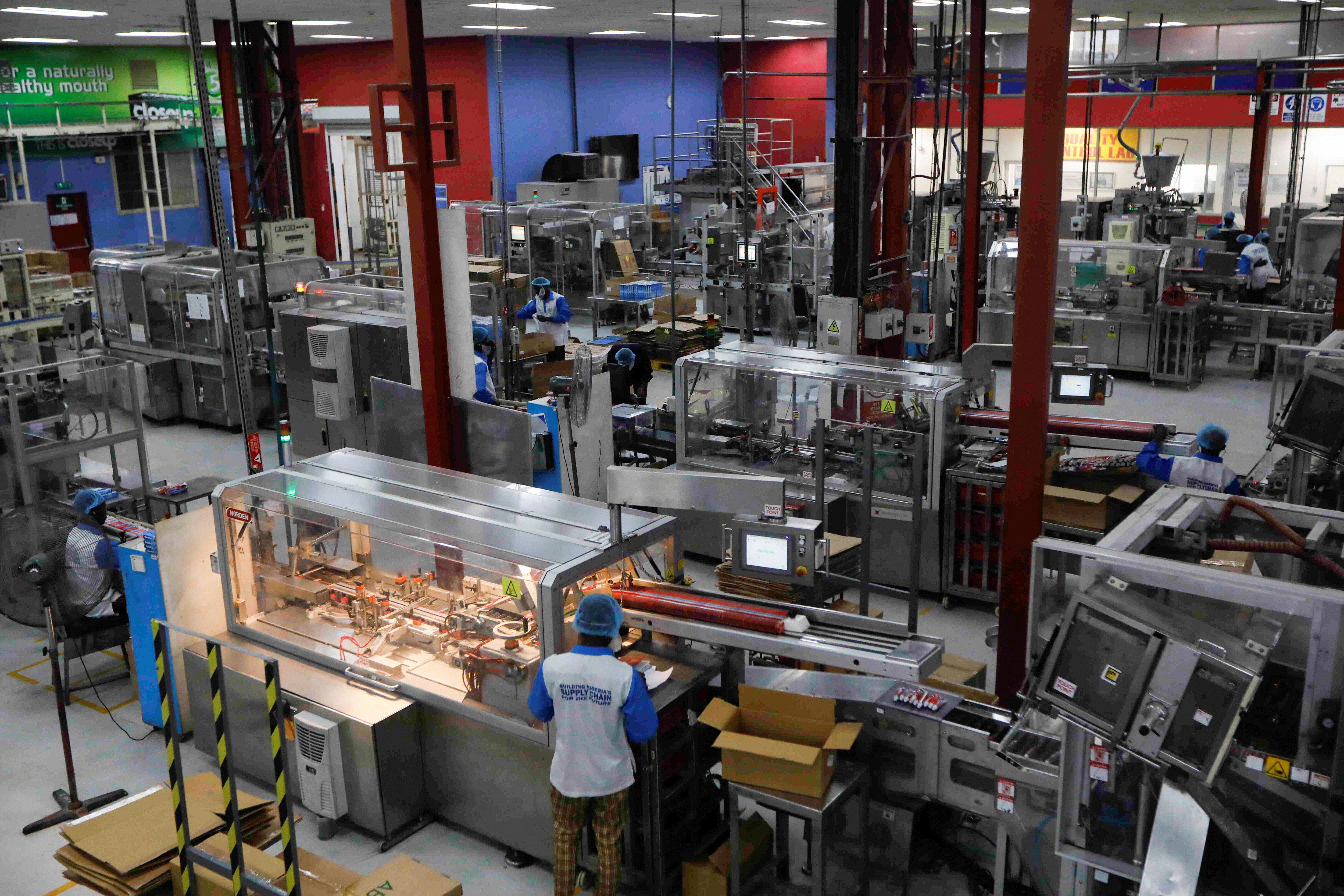How can workers transition to green jobs?

In 2021, less than 1% of worldwide hiring involved green jobs, and half involved jobs with no green skills at all, according to a recent LinkedIn report. Image: Unsplash/Raze Solar
Clarisa Diaz
Multimedia Reporter, QuartzMichelle Cheng
Reporter, Quartz- Global hiring for green jobs is low, with less than 1% of worldwide hiring in 2021 involving green jobs.
- Projections show that by 2026, demand will outstrip supply, so there’s an urgent need for the global workforce to level up green skills.
- Governments are investing heavily in green jobs - to help workers transition, there is a need to focus on skills-based hiring rather than on credentials or previous titles.
The transition to clean energy will only succeed if workers fill the jobs to make it happen. Climate tech is one industry struggling to find skilled people.
Just ask Nate Storey, co-founder of vertical farming company Plenty. “It’s very hard to find the labor to do these types of jobs,” Storey told Quartz last year.
Jim Pantaleo, a business development coordinator at the AI Institute for Next Generation Food Systems at the University of California, Davis, has noticed the same shortage. Last year he told Quartz that many of the growers at now-defunct Oasis BioTech, a vertical farming outfit in Las Vegas, were former marijuana workers, but they lacked the necessary specialized skills.
“The biggest challenge right now, in my humble opinion, is not technology,” Pantaleo said. “We have got to start with credentials and degree programs that follow this industry, because right now there’s not a lot of really trained folks [going] into this industry. That’s a massive problem.”
Global hiring for green jobs is low
In 2021, less than 1% of worldwide hiring involved green jobs, and half involved jobs with no green skills at all, according to a recent LinkedIn report. That’s partly because green jobs are tough to break into; they tend to require multiple skills that are a challenge for those lacking experience to acquire, the report notes.
Demand for green jobs will outpace skilled workers
Projections show that by 2026, demand for green jobs will outstrip supply, so there’s an urgent need for the global workforce to level up green skills. The fastest-growing such skill in the European Union is “climate action,” and in the US it’s “carbon accounting,” according to LinkedIn.
The demand comes as legislation is helping to create new jobs. Since the passage of the US Inflation Reduction Act last year, $132 billion worth of investments in green energy projects—from electric vehicles and batteries to wind, solar and nuclear power—have been announced that could yield 86,000 jobs, a Bank of America report estimates. Canada’s Sustainable Jobs Plan and the European Green Deal allocate substantial public funding for jobs fully or partly focused on combating climate change.
Besides government policy and funding, what will help workers transition to green jobs that require specific skills? The authors of the LinkedIn report say that focusing on skills-based hiring—rather than on credentials or previous titles—will help ensure that people have what they need to step into such roles. Taking this approach will be key as the economy shifts.
Don't miss any update on this topic
Create a free account and access your personalized content collection with our latest publications and analyses.
License and Republishing
World Economic Forum articles may be republished in accordance with the Creative Commons Attribution-NonCommercial-NoDerivatives 4.0 International Public License, and in accordance with our Terms of Use.
The views expressed in this article are those of the author alone and not the World Economic Forum.
Stay up to date:
Jobs and Skills
Related topics:
Forum Stories newsletter
Bringing you weekly curated insights and analysis on the global issues that matter.
More on Jobs and the Future of WorkSee all
Malak El-Boury
December 9, 2025






